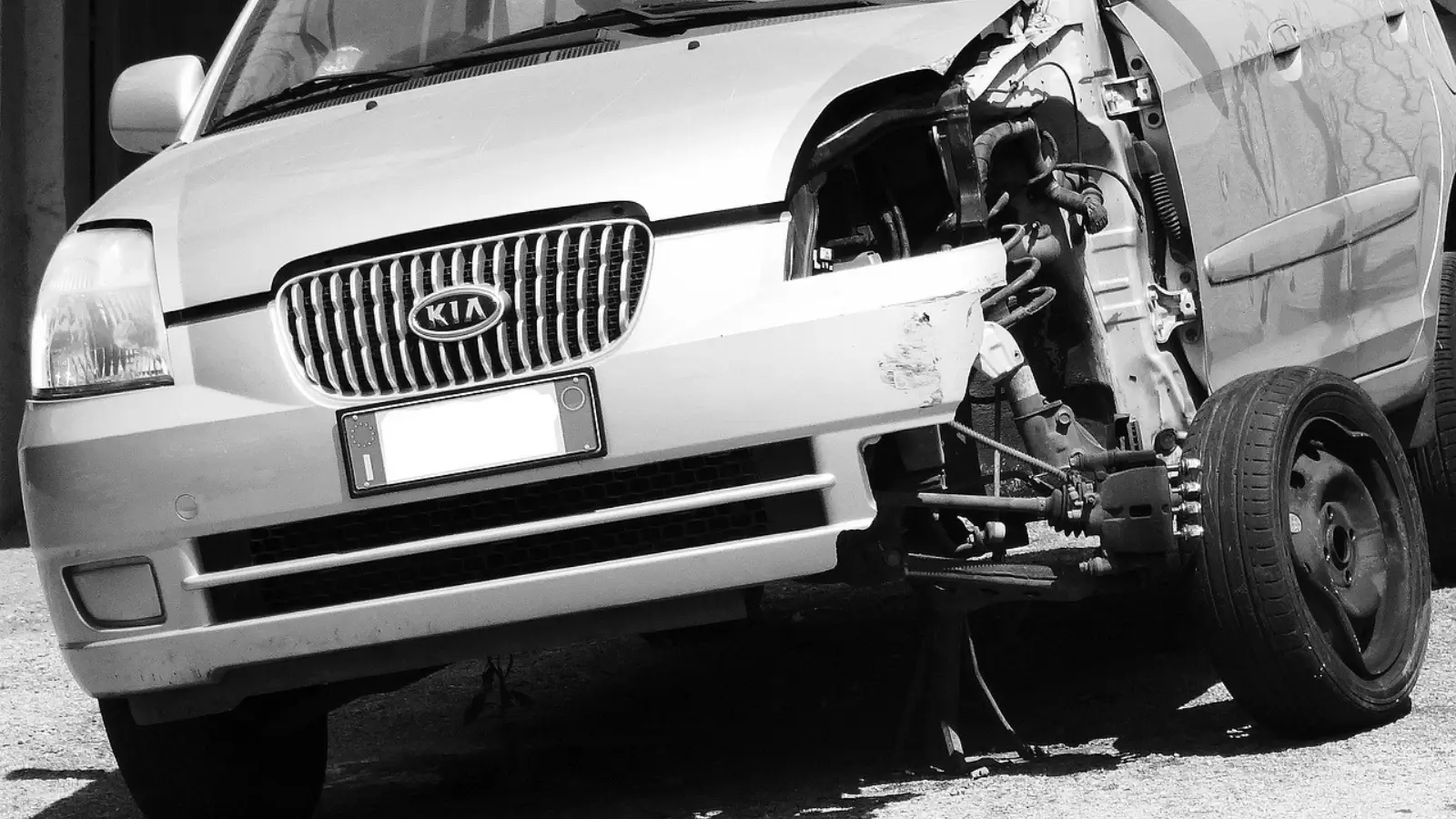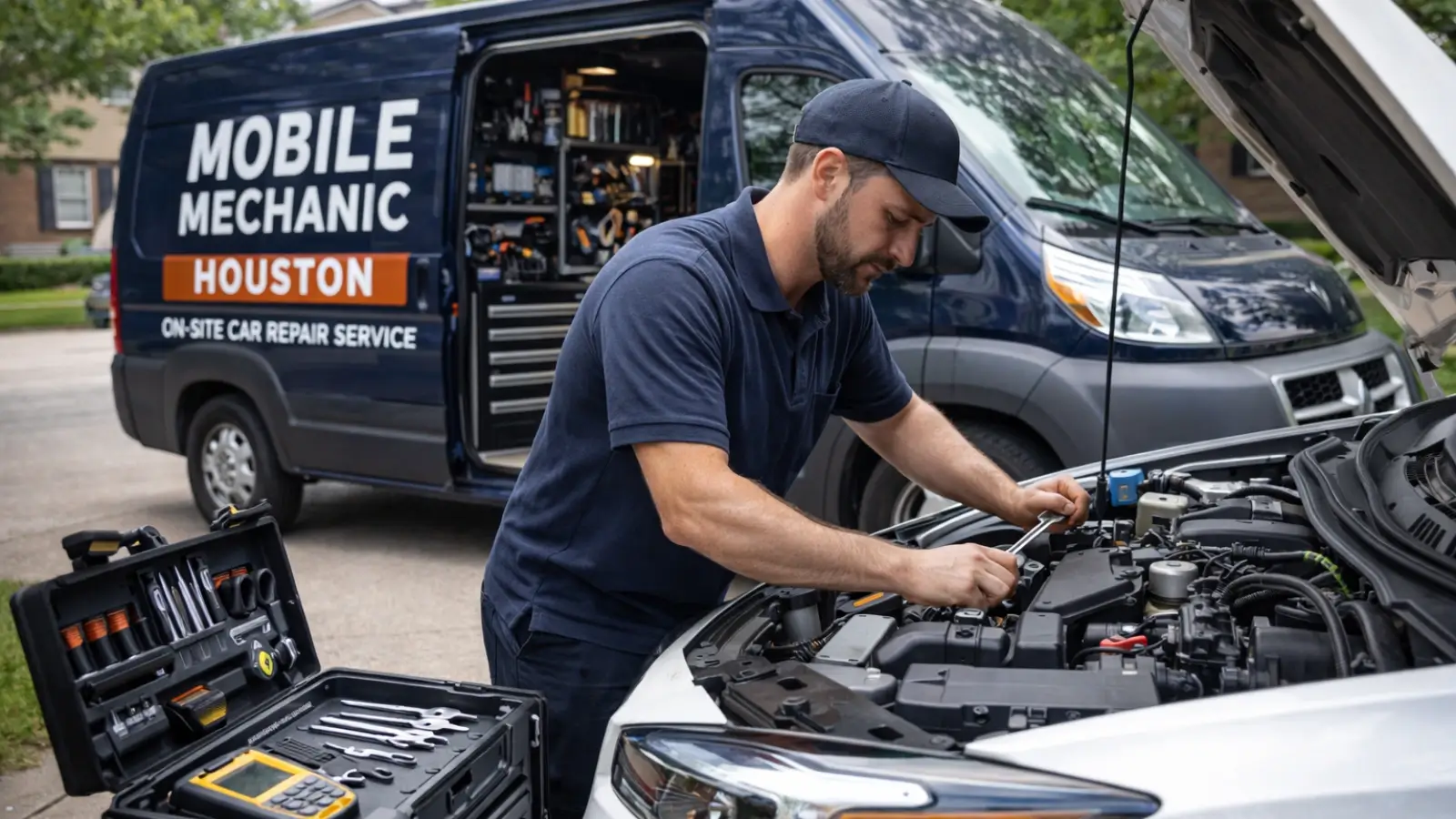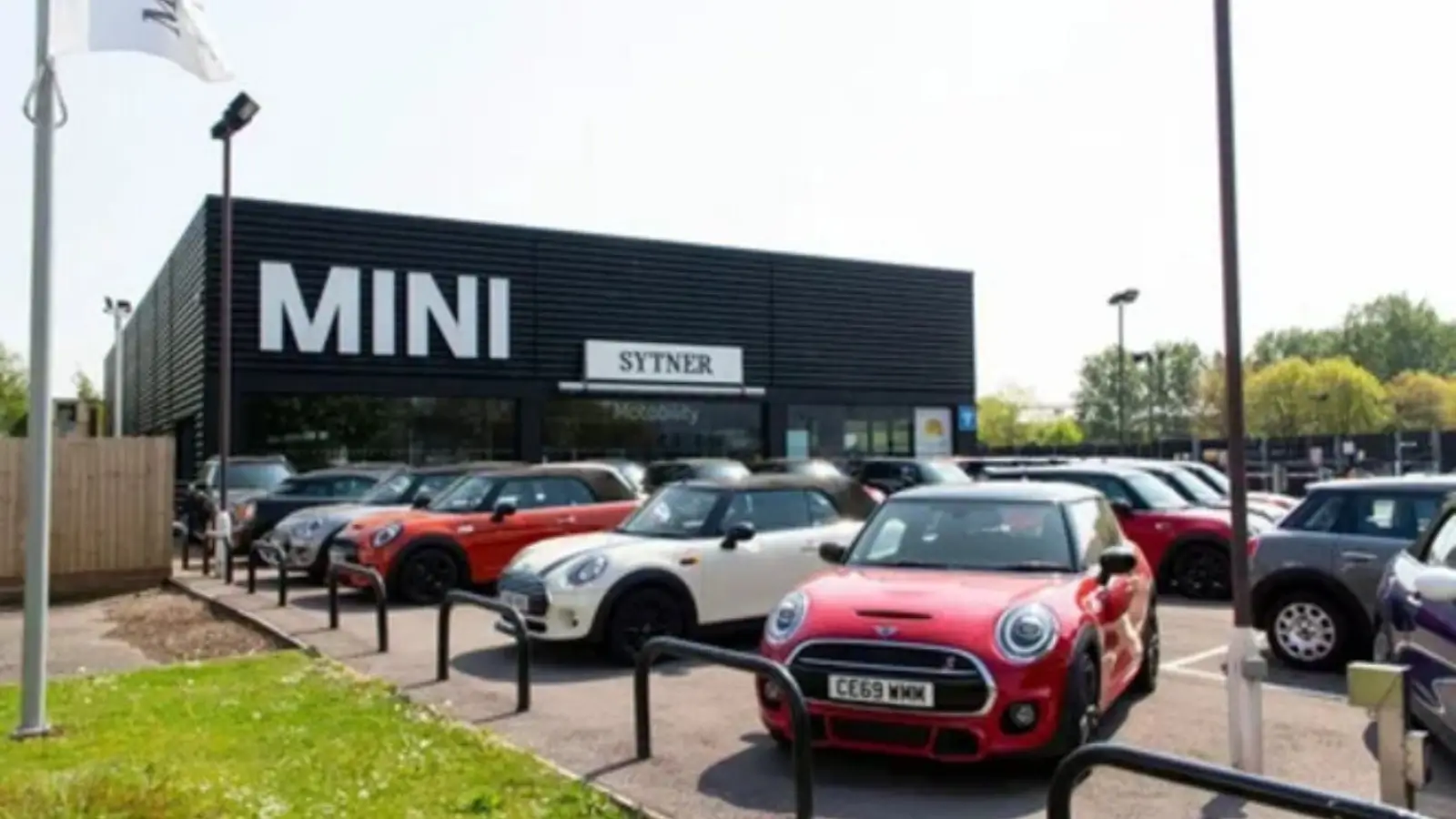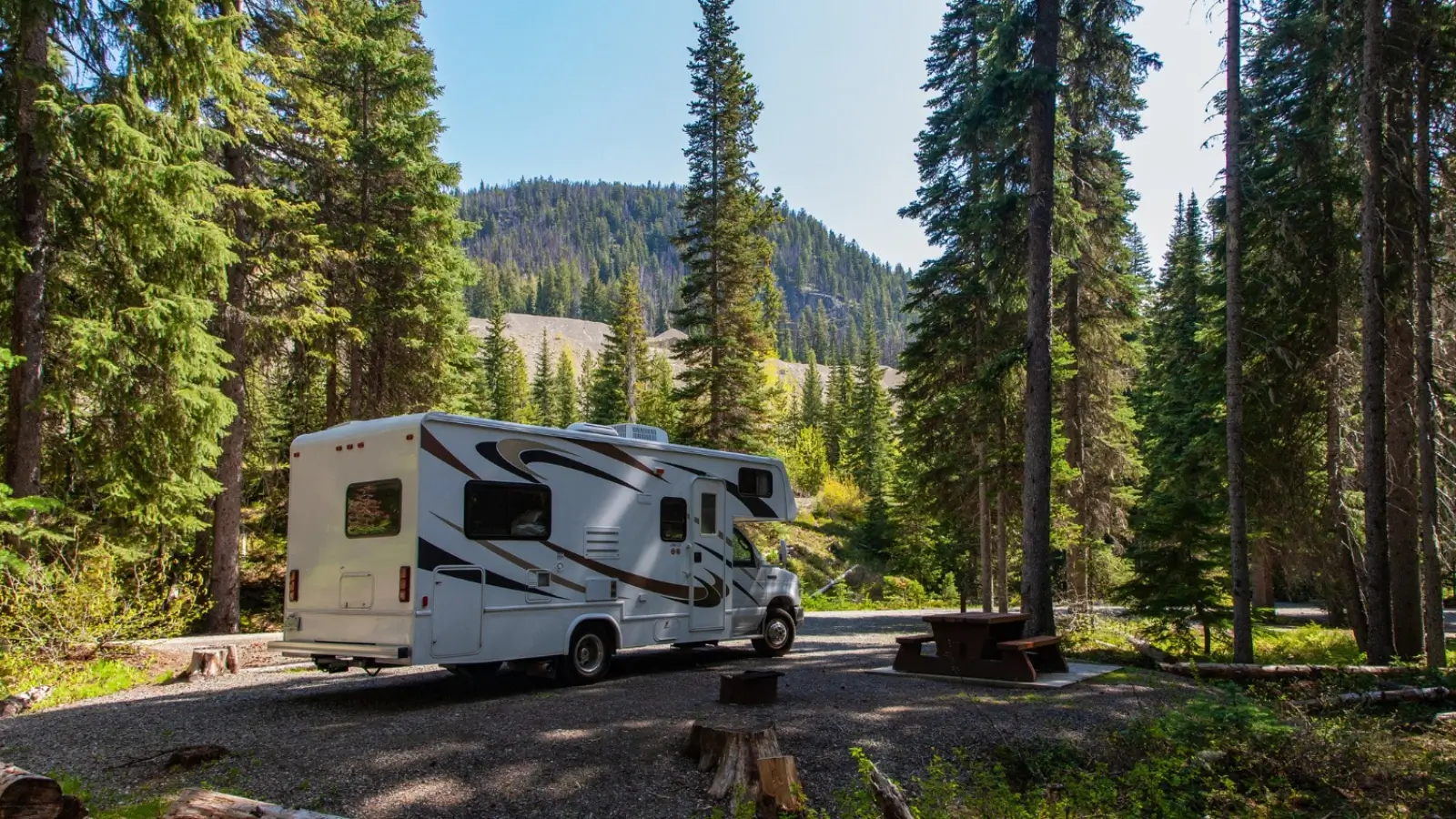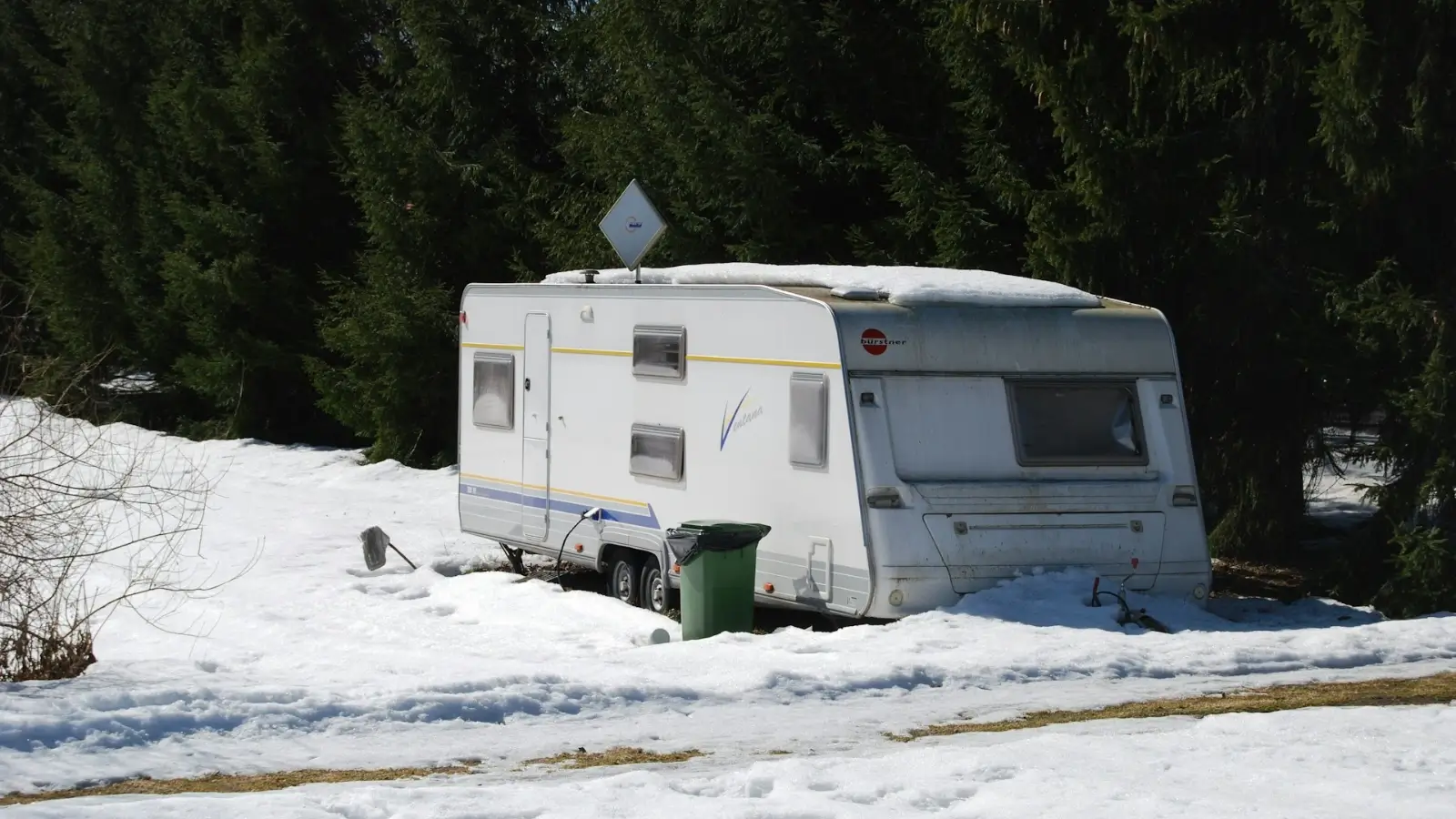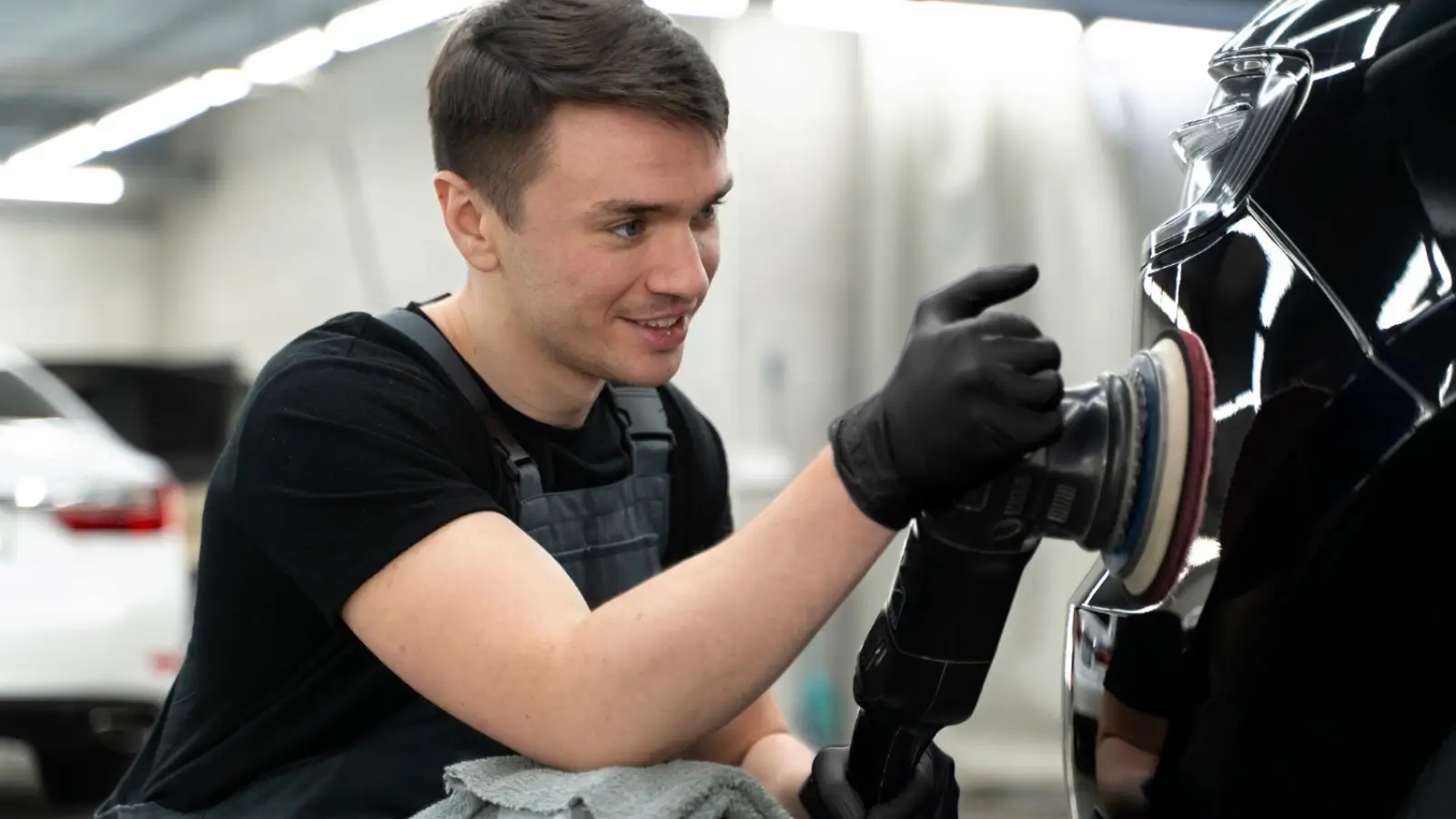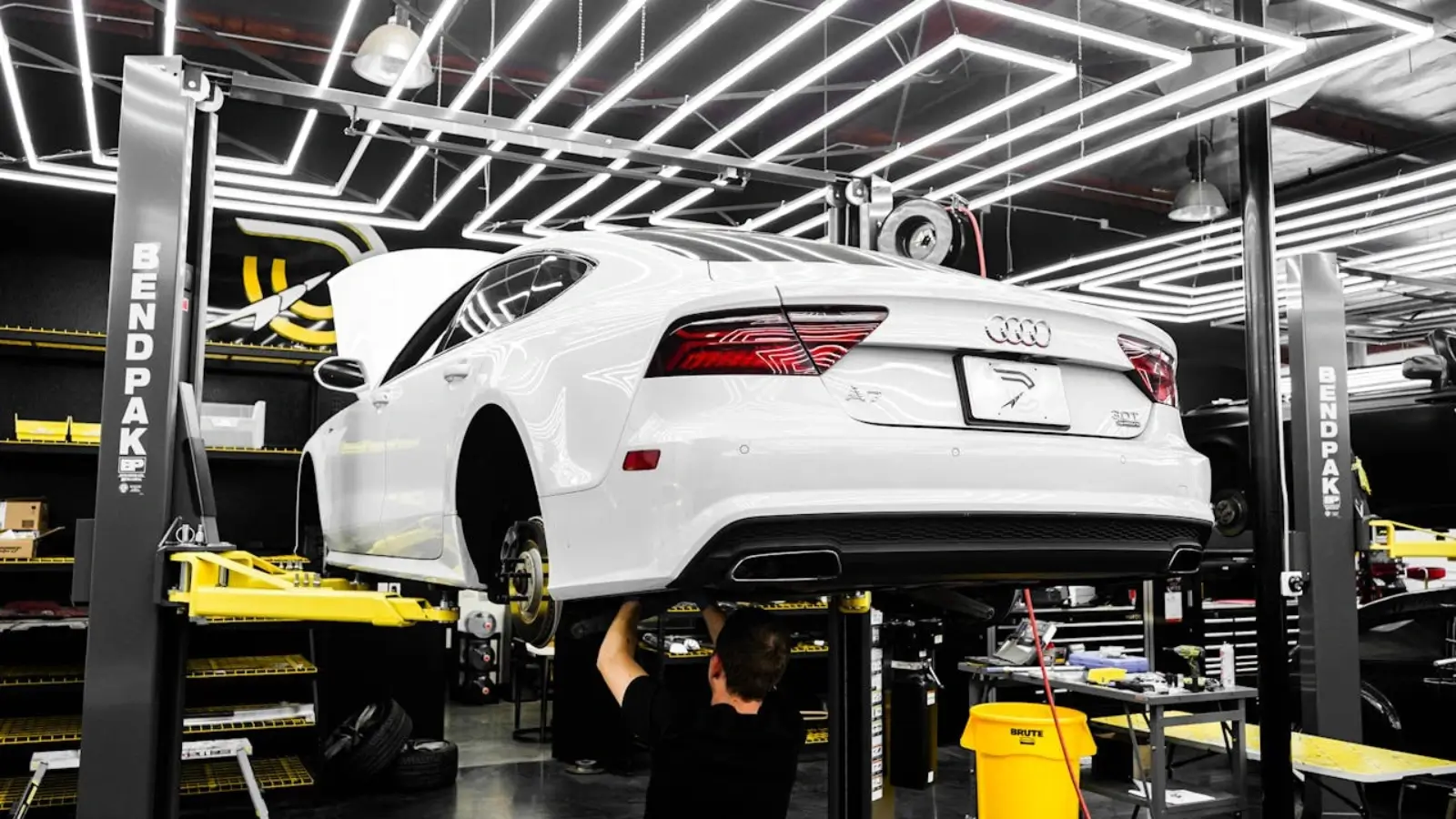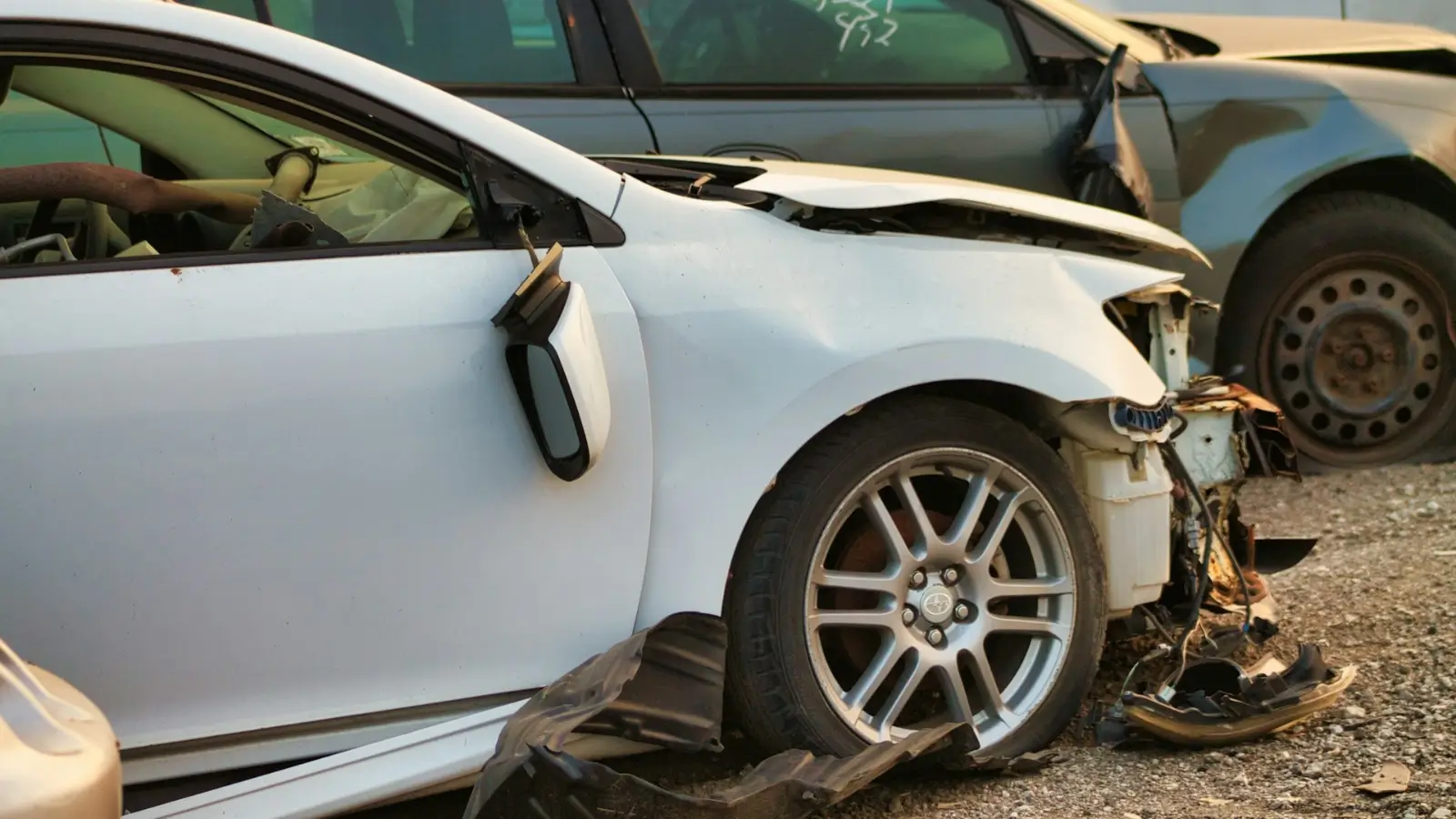When looking to purchase a vehicle, many buyers automatically turn to clean title cars, often overlooking the opportunity to buy wrecked vehicles for sale. These cars, although damaged, can provide an excellent opportunity for buyers who are willing to put in some time and effort. Whether you're looking to save money on a project car, need parts for another vehicle, or are interested in restoring a wrecked car to its former glory, purchasing a wrecked vehicle can be a smart investment.
In this article, we will discuss the many benefits of buying wrecked vehicles for sale, what to consider before purchasing, and where to find them.
What is a Wrecked Vehicle?
A wrecked vehicle refers to a car that has been involved in an accident, sustaining substantial damage. The damage could range from minor cosmetic issues to severe structural problems. Typically, wrecked vehicles are given a salvage title by insurance companies, signaling that the vehicle has been written off and is no longer deemed economically viable to repair.
However, that doesn’t mean the car is necessarily beyond repair. In many cases, wrecked vehicles for sale can be fixed and brought back to life, depending on the extent of the damage. Whether you're a mechanic, a car enthusiast, or someone looking for a deal, wrecked vehicles can offer a valuable opportunity for those willing to take on a repair project.
Why Consider Buying a Wrecked Vehicle?
There are several key reasons why purchasing a wrecked vehicle might be a good option for some buyers. Here are a few of the main benefits:
1. Cost Savings
The most significant benefit of buying a wrecked vehicle for sale is the price. Wrecked vehicles are typically sold at a fraction of the price of a clean title car. If the vehicle still has valuable parts or the damage is repairable, you can often score a great deal.
In fact, some wrecked vehicles for sale are priced so low that you can buy them, repair the damage, and still come out ahead financially. This is especially true for high-value cars, like wrecked supercars or luxury vehicles, which can be found at much lower prices due to their salvage status.
2. Restoration Projects
If you're a car enthusiast or someone who enjoys working on vehicles, buying a wrecked vehicle can be an excellent restoration project. Many people take advantage of wrecked vehicles for sale as a way to restore them to their original condition. Whether it’s a vintage car, a luxury vehicle, or even a sports car, buying a wrecked vehicle to restore can provide a sense of accomplishment and pride.
Restoring a car can also increase its value significantly. Once restored, the car may be worth much more than what you initially paid, especially if it's a classic model or a rare find. Restoration projects are also an excellent way to learn more about vehicle mechanics and repair techniques.
3. Parts for Other Vehicles
Wrecked vehicles are often sold as-is, with many parts still in usable condition. This makes wrecked vehicles a great source for parts, whether you need them for your own vehicle or for resale. If you’re looking for a specific part—like a spare tire, engine, or transmission—buying a wrecked vehicle could save you money compared to buying those parts new.
For example, if you're looking for salvage motorcycles for sale, purchasing a wrecked motorcycle can provide all the parts you need for your own bike. You can also sell off any remaining parts to recoup some of your initial investment, making it a win-win situation.
4. Potential for Resale
If you repair the wrecked vehicle and bring it back to working order, you could turn a significant profit by reselling it. Wrecked vehicles for sale often have lower initial costs, allowing you to invest in repairs and still sell the vehicle at a competitive price. Depending on the model and the repairs made, some buyers may be willing to pay top dollar for a restored vehicle.
Many buyers are specifically looking for project cars or repaired vehicles that still come with a lower price tag. This makes it possible to turn your repair work into a profitable venture.
5. Environmental Benefits
By purchasing a wrecked vehicle and either repairing it or using it for parts, you are helping to reduce the environmental impact of producing new vehicles. The automotive industry is one of the largest producers of waste and pollution, but buying wrecked cars for sale and reusing parts can help keep vehicles out of landfills and reduce the need for manufacturing new components. This is an excellent way to contribute to sustainability in the automotive industry.
Things to Consider Before Buying a Wrecked Vehicle
While there are many benefits to purchasing wrecked vehicles for sale, it’s important to understand the risks and challenges involved. Here are some things to keep in mind before making your purchase:
1. Assess the Damage
Before buying a wrecked vehicle, it’s crucial to thoroughly assess the damage. While some cars may only need cosmetic repairs, others may have serious structural or mechanical damage. If the car has sustained frame damage, it may be difficult (and costly) to repair, potentially making it a poor investment.
If the car has been involved in a flood or has sustained extensive collision damage, it may not be worth the repair costs. In these cases, it’s often best to pass on the vehicle and look for something else.
2. Get a Professional Inspection
If you’re not experienced with car repairs or don’t know what to look for, it’s a good idea to have the wrecked vehicle inspected by a professional mechanic. A mechanic can give you an accurate assessment of the car's condition and let you know what repairs will be necessary.
A professional inspection can also help identify hidden issues that might not be immediately visible. For example, a car might look fine on the surface but have engine or transmission problems that could be costly to fix.
3. Check for Salvage Title and Legal Restrictions
Wrecked vehicles typically come with a salvage title, meaning the car has been written off by the insurance company. While this doesn’t necessarily mean the car is beyond repair, it does indicate that the car’s value has been significantly reduced.
Be sure to check the title before purchasing a wrecked vehicle, as some states may have legal restrictions on how salvage title vehicles can be used or resold. In some areas, salvage title cars may be harder to insure, and you may need special documentation to register the vehicle. It’s also important to confirm that the vehicle is not stolen or involved in any legal issues that could prevent you from obtaining ownership.
4. Consider Repair Costs
It’s important to factor in the cost of repairs when buying a wrecked vehicle. While the initial purchase price may be low, the cost of parts and labor to repair the car can quickly add up. Make sure to do a cost-benefit analysis to ensure that the vehicle is worth restoring. If the repair costs exceed the car’s potential resale value, it may not be a good investment.
5. Insurance Coverage
Salvage title vehicles are often harder to insure than clean title cars, and the coverage may be more expensive. Some insurance companies may offer only liability coverage for salvage cars, while others may not provide coverage at all. It’s essential to contact your insurance provider and find out what type of coverage is available for the wrecked vehicle you plan to buy.
Where to Find Wrecked Vehicles for Sale
Wrecked vehicles for sale can be found in several places:
- Salvage Auctions: Online salvage auto auctions like Copart and IAAI are some of the best places to find wrecked cars. These auctions allow buyers to bid on vehicles that have been declared a total loss by insurance companies.
- Salvage Yards: Local salvage yards often sell wrecked vehicles for parts or restoration projects. Visiting a salvage yard gives you the opportunity to inspect the vehicles in person before making a purchase.
- Private Sellers: Some individuals sell their wrecked vehicles directly, often due to the cost of repairs. You can find these vehicles listed on online marketplaces like Craigslist, Facebook Marketplace, or eBay.
- Government and Police Auctions: Police and government auctions often feature wrecked cars, including impounded vehicles, which can be purchased at discounted prices.
Conclusion
Buying a wrecked vehicle can be an excellent way to save money while still getting a functional car, project vehicle, or parts for another car. While the process may come with some risks, the potential rewards—whether through restoration, resale, or parting out the vehicle—can make it a worthwhile investment for the right buyer.
By carefully assessing the damage, getting a professional inspection, and factoring in repair costs, you can make an informed decision and turn a wrecked vehicle into a valuable asset.










